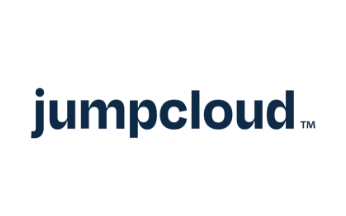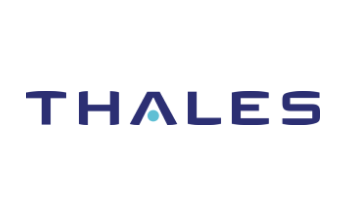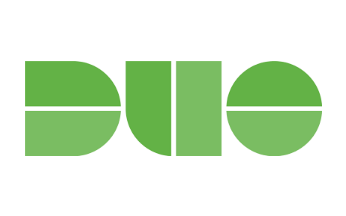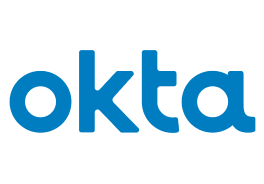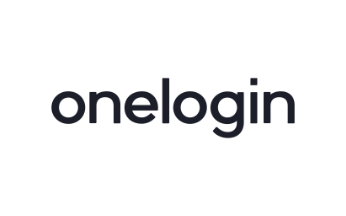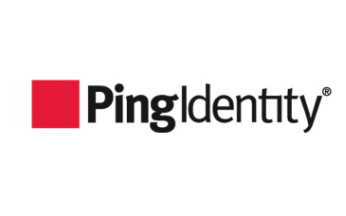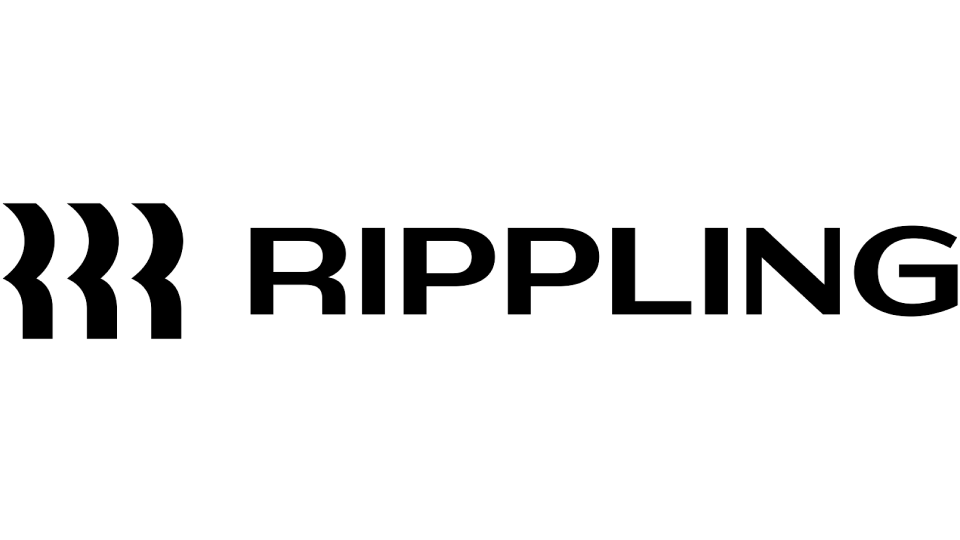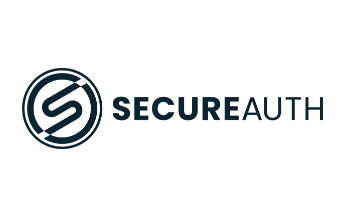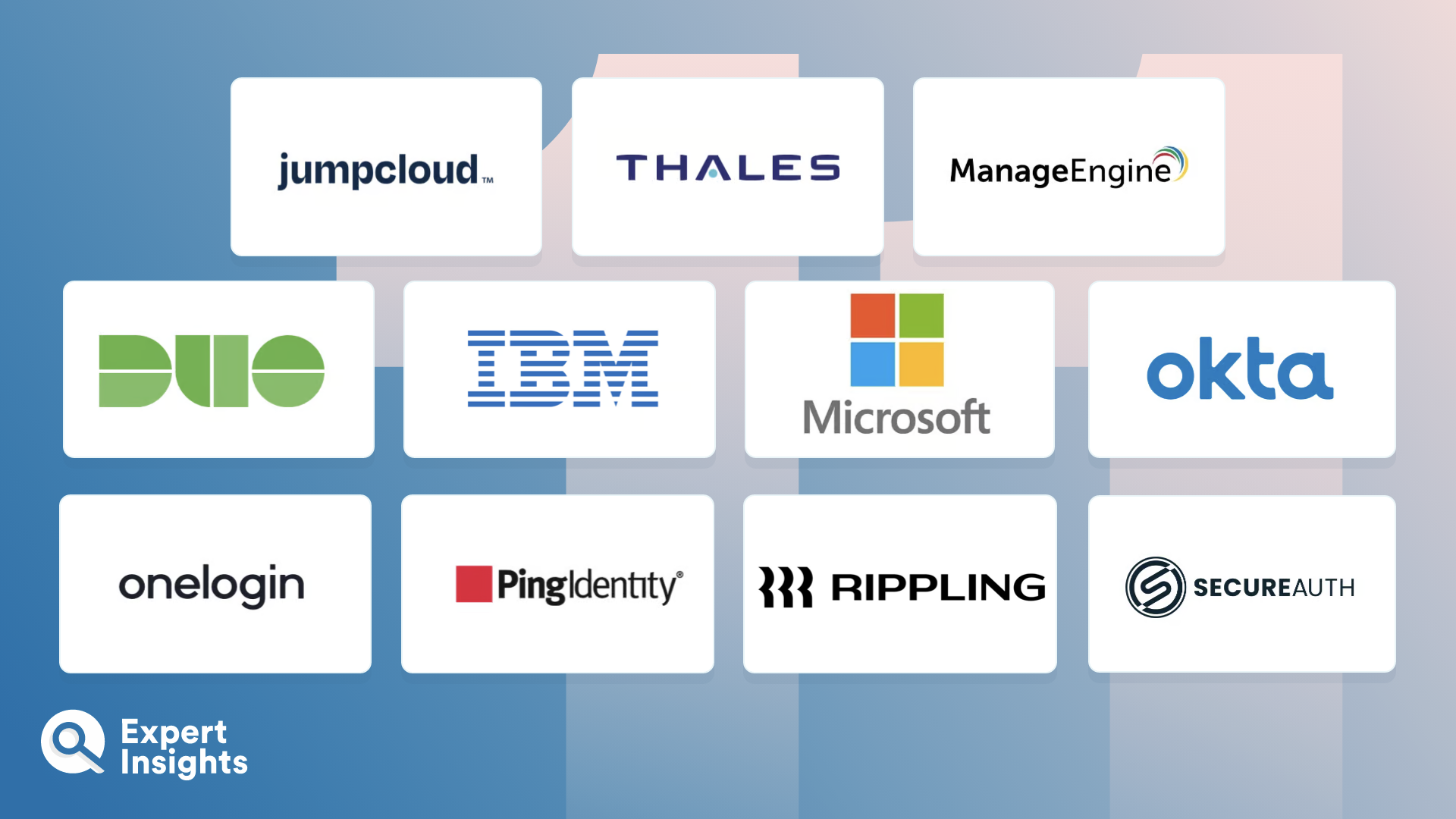Single Sign-On: Everything You Need To Know (FAQs)
What Is Single Sign-On (SSO)?
Single sign-on (SSO) enables users to access multiple applications and services with the use of a just a single set of login credentials, usually authenticated via multi-factor authentication to improve login security. This saves them from having to remember multiple passwords for each of their user identities.
SSO is commonly used in enterprise environments because it improves both security and convenience for employees. Admins can more easily manage which applications users can access, and users no longer have to manage unique, secure passwords for each of their many different corporate accounts and resources.
SSO is often a component of a larger enterprise identity solution to secure user access, including many of the services listed in the above article. These solutions are typically deployed in the cloud, or within an organization’s internal network and integrate with third-party services to enable seamless deployment across applications.
How Do Single Sign-On Solutions Work?
SSO solutions utilize a trusted relationship between an application and an identity provider. The identity provider authenticates a user, using a single set of credentials and usually requiring a two-factor authentication process. This generates a token, which is then shared with third-party applications, allowing users to access sensitive data.
This token tells the application that the user has been authenticated, and provisions access to the service. Once the user has been authenticated by the identity platform, it will facilitate seamless access with all third-party applications that are integrated with the identity provider. This can all be managed through centralized access control.
The concept of a linked digital identity is known as federated identity. Federated identities can be linked across identity providers, making it easier for organizations to manage single sign-on deployments. For example, admins could provision SSO accounts leveraging existing user identities held in Azure Active Directory.
Why Is Single Sign-On Important?
Account takeover attacks rose by 307% between 2019 and 2021, and continue to increase today. Corporate accounts have access to hugely valuable corporate data, and the cost of stolen data can be crippling to organizations, especially for organizations that monitor user behavior to optimize user experience.
Single sign-on is an important step for organizations looking to secure authentication processes and prevent account takeover attempts. SSO enforces strong authentication workflows, including adaptive authentication policies and multi-factor authentication workflows, across all connected corporate accounts.
SSO applications also help end-users, who increasingly have to manage hundreds of different accounts and services. With SSO, users no longer need to manage and remember complex passwords, they simply need to remember one set of credentials to authenticate themselves with the identity provider.
What Features Should You Look For In A Single Sign-On Solution?
The core functionality of a SSO solution is to enable users to log in to all of their corporate devices and applications easily, using a single set of secure login credentials. There are several key features to look for in a single sign-on and identity management solution:
- Pre-built integrations: SSO platforms should have pre-built APIs to deliver seamless integrations with supported apps, without needing to build and maintain connections yourself.
- Multi-factor authentication: MFA secures the initial login attempt. The best SSO solutions will support multiple authentication methods, including FIDO tokens, biometrics, OTPs, or hardware keys. To ensure uptake, this should be compatible with existing infrastructure.
- Adaptive authentication: SSO solutions should automatically identify and block malicious login attempts, such as impossible superman logins, and enforce MFA on suspicious logins.
- Identity and access policies: SSO platforms should allow admins must be able to configure identity and access policies, including passwords, authentication workflows, and connected apps. They should allow you to define granular permissions based on a range of factors.
- Identity store integrations: SSO solutions should pull identities from existing identity stores such as Azure Active Directory to provision users and pull existing login credentials.
- Lifecycle Management: Admins should be able to provision and deprovision accounts with automated workflows for new users and employees that leave the organization.
- Device Risk Profiling: SSO solutions should permit admins to view device risk assessments based on suspicious login attempts. Some solutions will also support endpoint management functionality.
- Reporting: SSO solutions should grant admins should have access to comprehensive reports and analytics providing full context and visibility to authentication workflows. This supports compliance.
- Self-service credential management: SSO platforms should allow users to manage their own credentials, MFA options, and password resets to save admins time.
How To Choose The Right Single Sign-On Solution?
Choosing the right SSO solution will come down to your organization’s and users’ unique requirements and use cases. Beyond this, there are many factors to consider. The solutions on this list often share many features, but each will have strengths and benefits suited to particular industries and organization-sizes.
Key questions to ask internally are:
- What level of security do you require for controlling access to corporate applications? Do you require a hardware token, or is an OTP enough to authenticate access?
- Are you looking for a custom solution for internal applications?
- Are there specific or niche features that you need, such as blocking logins from certain countries or devices?
- What multi-factor authentication solutions will your users support? Do they have personal smartphones to authenticate via biometrics, or is this against corporate policies?
- What existing infrastructure do you have in place?
Knowing the specific requirements of your organization when looking for a solution can help you to narrow down the options. As SSO is often delivered as part of a wider identity management solution, it is important to consider what other access management features your organization needs to secure users and meet compliance requirements.
What Are The Benefits Of Single Sign-On?
SSO platforms provide a number of benefits to organizations. It improves account security, ease of management, and productivity for the end user. Other benefits of SSO include:
- Improves security by enforcing continuous multi-factor authentication and ensuring user access rights
- Offers adaptive and secure password policies for the SSO workflow
- Prevents usage of weak passwords and shadow IT accounts which cannot be managed by IT teams
- Enables identity governance, giving admins more control over identities and access management policies
- Saves time for IT admins, improving onboarding/offboarding and automating key identity workflows
- End users can easily access all of their accounts from any device from the SSO portal, improving productivity and user experience
Is Single Sign-On Secure?
Single sign-on (SSO) provides a range of security benefits for both the organization and the end user. Compromised passwords are one of the most common causes of a data breach, with the average user having more passwords than they can reasonably be expected to remember or keep secure.
Single sign-on helps to avoid the security risks associated with weak passwords, as each account can have a complex secure password, frequently rotated, without the user needing to manage multiple passwords. This also improves usability for employees, who only need to authenticate once to have access to all of their applications and services. Coupled with robust MFA and conditional access policies, single sign-on can vastly improve the security of digital accounts.
Single sign-on can help organizations adhere to compliance regulations. These often recommend enforcing strong authentication policies to help reduce the risk of account compromise. Some also require that users are automatically logged out of secure devices when no longer needed – single sign-on can enable this feature.
Finally, single sign-on can help IT teams more effectively monitor and manage account access. They can configure policies as to how single sign-on works, assign access to different applications for different teams, and eliminate the need to deal with endless password reset requests.
Single sign-on can vastly improve your account security, ensuring that users do not have to worry about managing a different password for every account. Your industry may have specific challenges and use cases, but when implemented effectively, single sign-on can be a powerful security tool for reducing the risk of account compromise and improving usability for employees.



